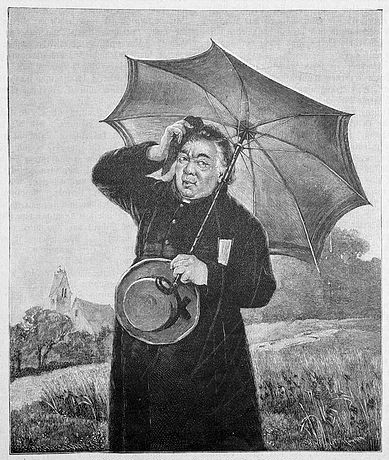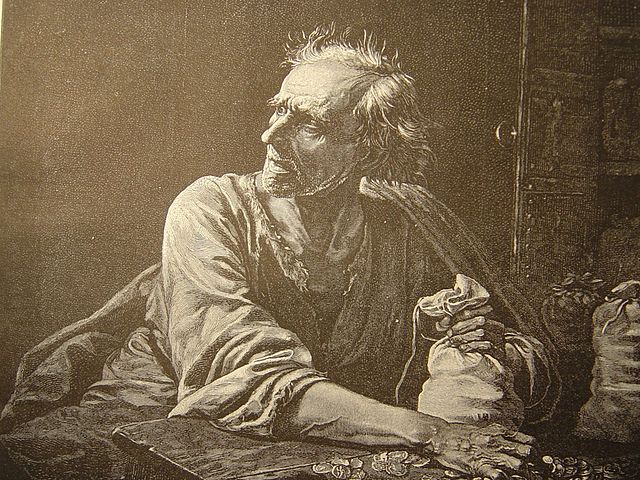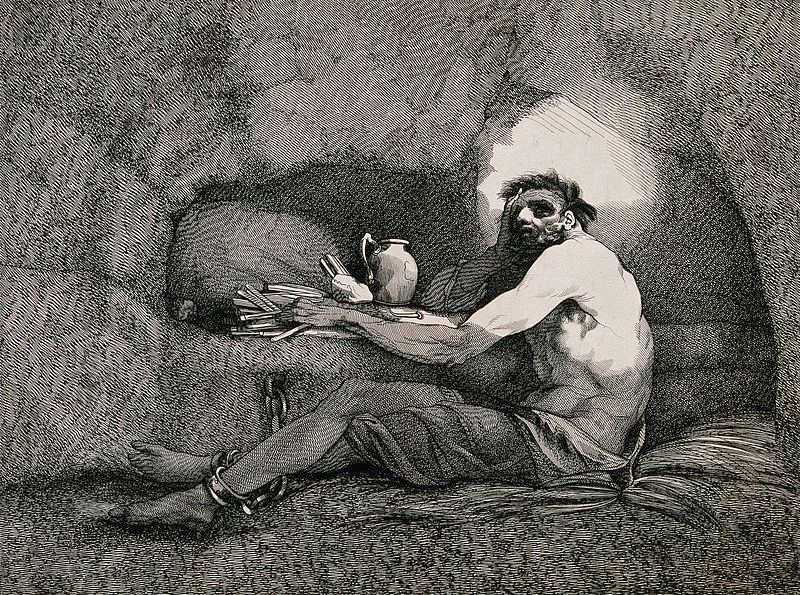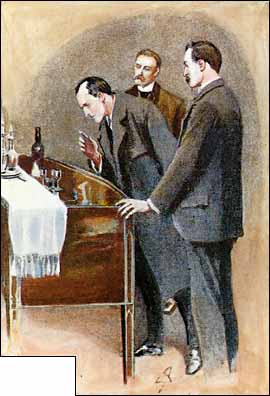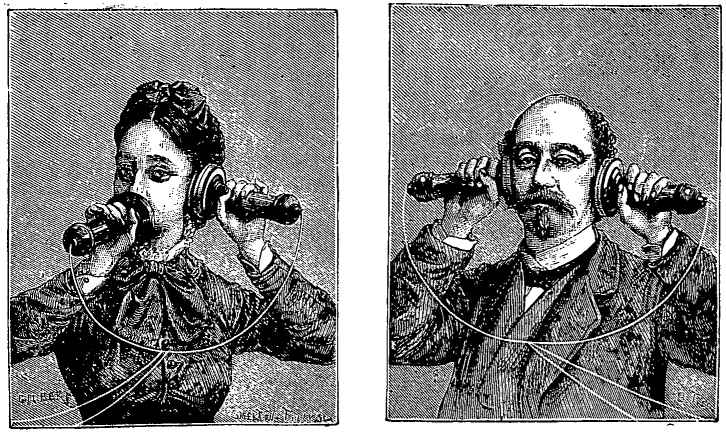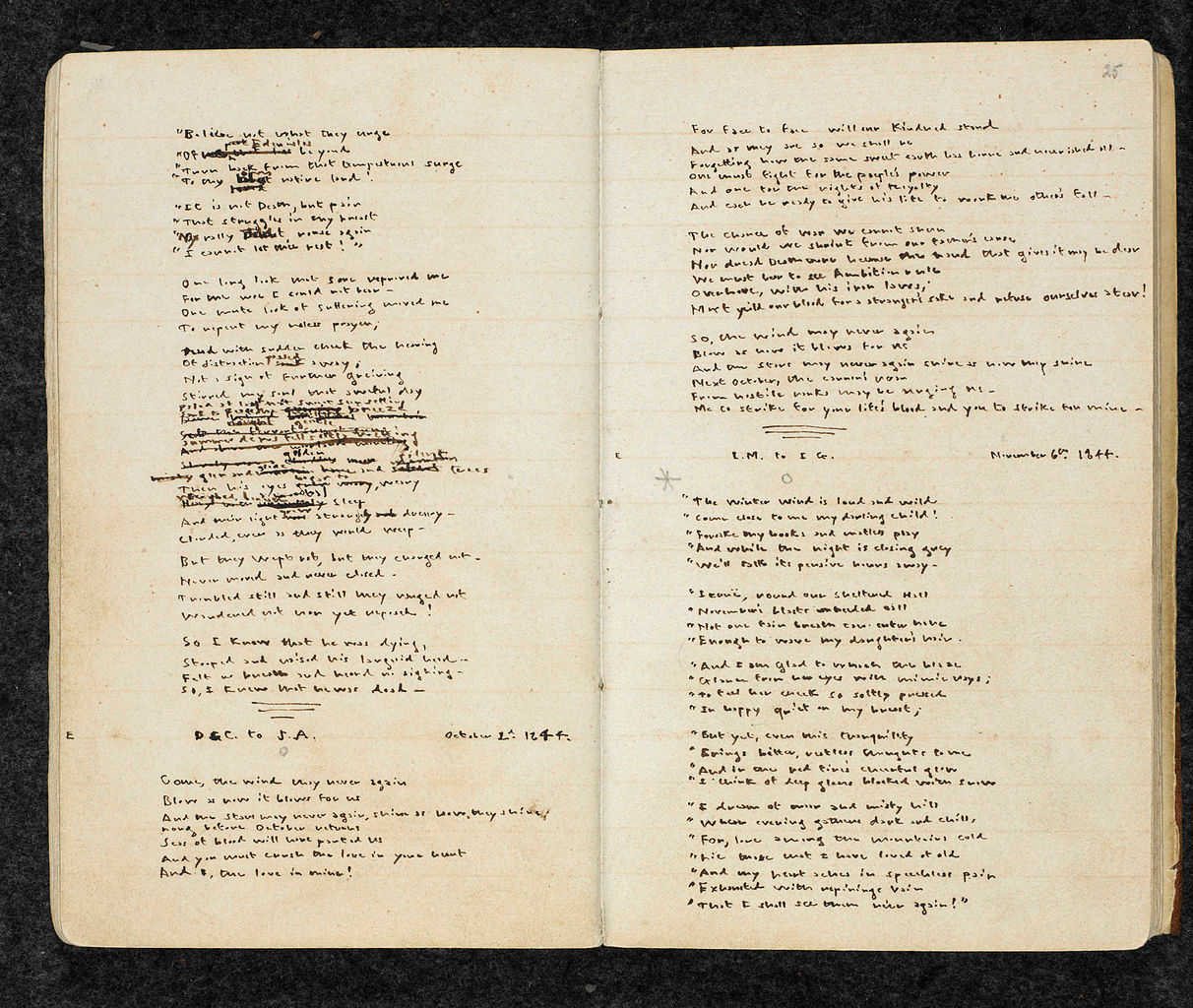
paracosm
n. a detailed imaginary world, especially one created by a child
When English curate Patrick Brontë brought home a box of wooden soldiers in June 1829, his 12-year-old son Branwell shared them with his sisters. “This is the Duke of Wellington! It shall be mine!” cried 13-year-old Charlotte, and 11-year-old Emily and 9-year-old Anne took up heroes of their own. In the children’s shared imagination, the “Young Men” traveled to the west coast of Africa; settled there after a war with the indigenous Ashantee tribes; elected Arthur Wellesley, the Duke of Wellington, as their leader; and founded the Great Glass Town at the delta of the River Niger.
After 1831 Emily and Ann “seceded” to create a separate imaginary country, Gondal, and after 1834 Charlotte and Branwell developed Glass Town into yet another imaginary nation, Angria. In various combinations the four edited magazines, wrote histories, and composed stories, poems, and plays about these shared fantasy worlds, with alliances, feuds, and love affairs that play out across Africa and the Pacific.
These writings eventually filled 484 pages before maturing interests inevitably sent the Brontës in different directions, but this early work helped to shape the themes and styles of their later poems and novels.


